Excerpts:
What are the major issues causing fuel shortages, especially in the Yuletide season?
I think that part of the reason why you find these disruptions at the end of the year is because of what we described as this winter phenomenon, where prices of petroleum products go up in the winter month in many parts of the world, obviously because of the places where we are getting the PMS from and the situations out there at this time. Obviously that gives rise to problems of those who are bringing in fuel, and we had one or two short deliveries on account of some of these problems.
So clearly, what has happened here is that on account of some of the short deliveries that we have experienced, panic buying, hoardings in different places started. So those are largely the issues. So we are also trying to ensure that these sorts of disruptions won’t happen in the future and that’s one of the reasons why we are spending a bit of time to look at some of the issues.
There’s a premium on products. That’s what usually would happen at the end of the year, but if you notice it didn’t happen in the year at all. We had a very smooth December 2016, there was no disruption whatsoever; it all went very smoothly. So we can actually take care of those situations. It is when you have a problem, a disruption that you usually would find the hoarding. That’s what you are seeing today, we are seeing a bit of hoarding and the DPR has been going round the stations trying to regulate that and, in some cases, have to close down the stations and force the petrol stations to continue to sell.
So, really, all that can be done is regulation, and more enforcement by the DPR, which is what the DPR has attempted to do. But l think the ultimate solution is to have adequate supply going everywhere. Once you have adequate supply everywhere, the hoarding and disruption will stop.
What is your take on rumours on social media about a possible increase in the price of fuel?
We are certainly not expecting to increase oil prices at all; the government has absolutely no intention of increasing fuel prices and that’s it.
The issue of shortfall in supply, NNPC as sole importer of petroleum products and could not sustain supply, as well as the unavailability of Forex. What are you doing?
First let me explain that you are right because NNPC is doing most of the importation. But don’t forget that NNPC also relies on the independent marketers and, in some cases, the IOCs, to bring in the fuel. NNPC itself does not go and do the deals, as it were. So, it really does lie on the marketers to bring in the fuel on a contract basis.
What the independent marketers would rather do is to bring in their own products. So that is another issue, because we have to look at the pricing and we have to be sure that we are able to deal with the issues of pricing.
I think that over time, in fact, if you look at the past few months, NNPC has been importing and they have been doing a very good job because we didn’t have a shortage in October and November, it’s only in December that we had a disruption. So, l think it is fair to say that NNPC did a very good job of its importation all the way up to when we have this winter disruption.
But, of course, in the long term, we are going to be reviewing some of these issues and we are going to take a look at how it is that a better balance can be struck. I think the fair thing to say though is that all the way up to the past couple of weeks, NNPC has done an excellent job, and they were actually importing most of the products.
‘We are certainly not expecting to increase oil prices at all; the government has absolutely no intention of increasing fuel prices and that’s it.’
Obviously we have to keep fine-tuning and reviewing to be sure that we are doing the best that is possible in the circumstances. But l think that for government, one of our most important objectives is to ensure that the average citizen is not again put through the pain of an increase in fuel price, that’s a very important objective for government. And we have to keep creating that balance, and we will ensure that we create that balance.
What do you have to say on cost of fuel subsidy?
Obviously, if NNPC bought, the NNPC bears the cost today. NNPC is trading in fuel; the Federal Government is not, at the moment, paying for any subsidy. NNPC is trading. If you are buying and selling fuel, you would have to be able to pay for it. So, it’s not a question of government provision for subsidy. The Federal Government, at the moment, isn’t paying any subsidy, but NNPC is trading; if NNPC buys fuel at certain cost. And don’t forget that the way that the NNPC trades is that, in many cases, NNPC is actually giving fuel; there is 445, 000 barrels of fuel. So, really, what you are seeing, in many cases, is more or less an exchange for PMS. So at the moment NNPC is paying the cost.
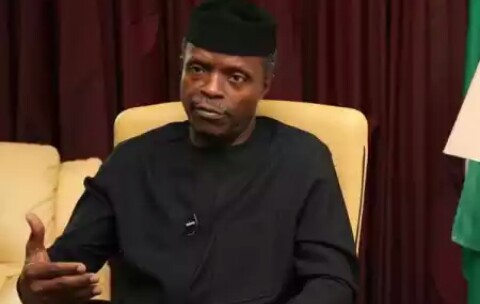
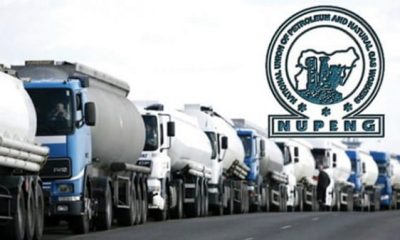

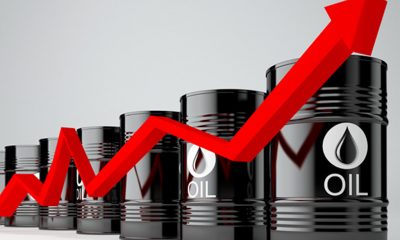

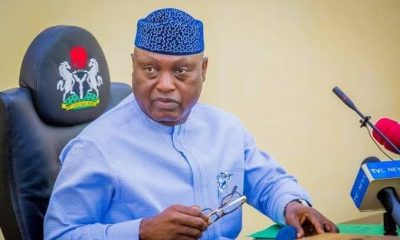





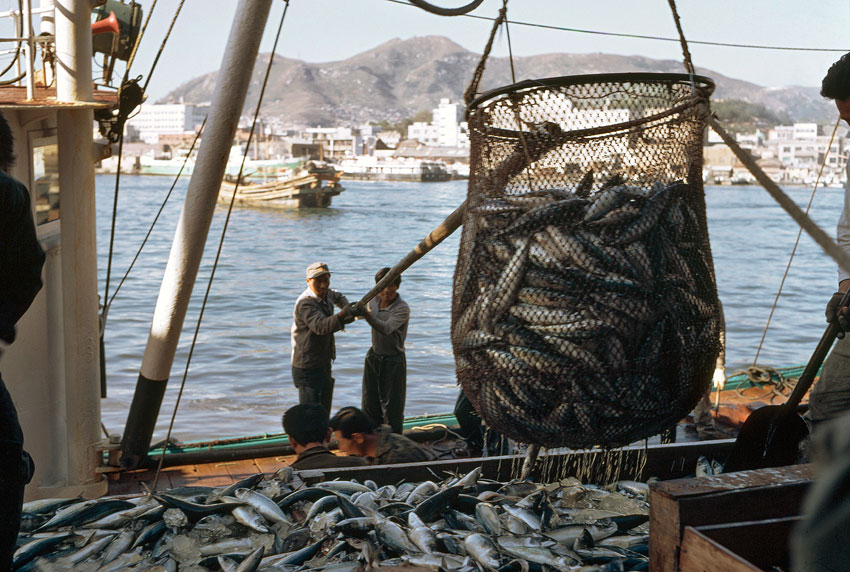


 Football5 days ago
Football5 days ago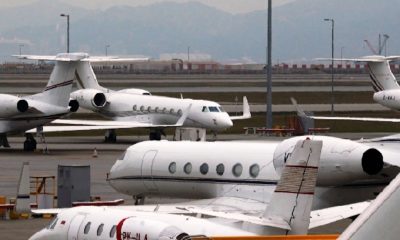
 Aviation7 days ago
Aviation7 days ago
 Aviation6 days ago
Aviation6 days ago
 Featured3 days ago
Featured3 days ago
 Comments and Issues5 days ago
Comments and Issues5 days ago
 Education4 days ago
Education4 days ago
 Business4 days ago
Business4 days ago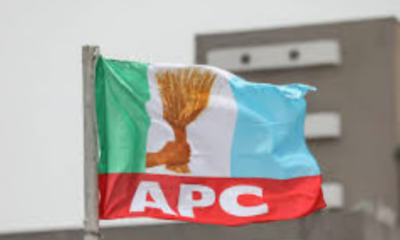
 Featured1 week ago
Featured1 week ago
